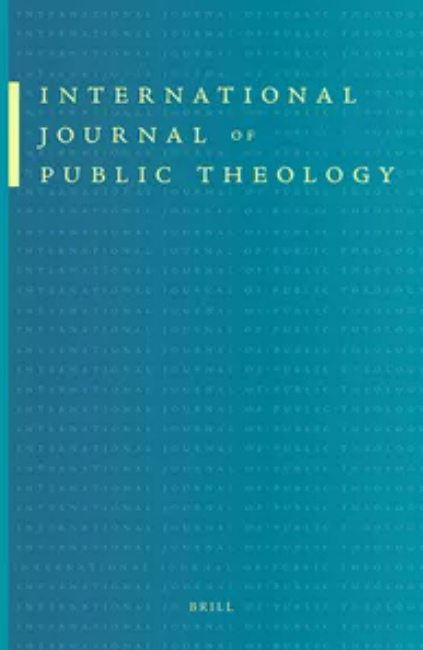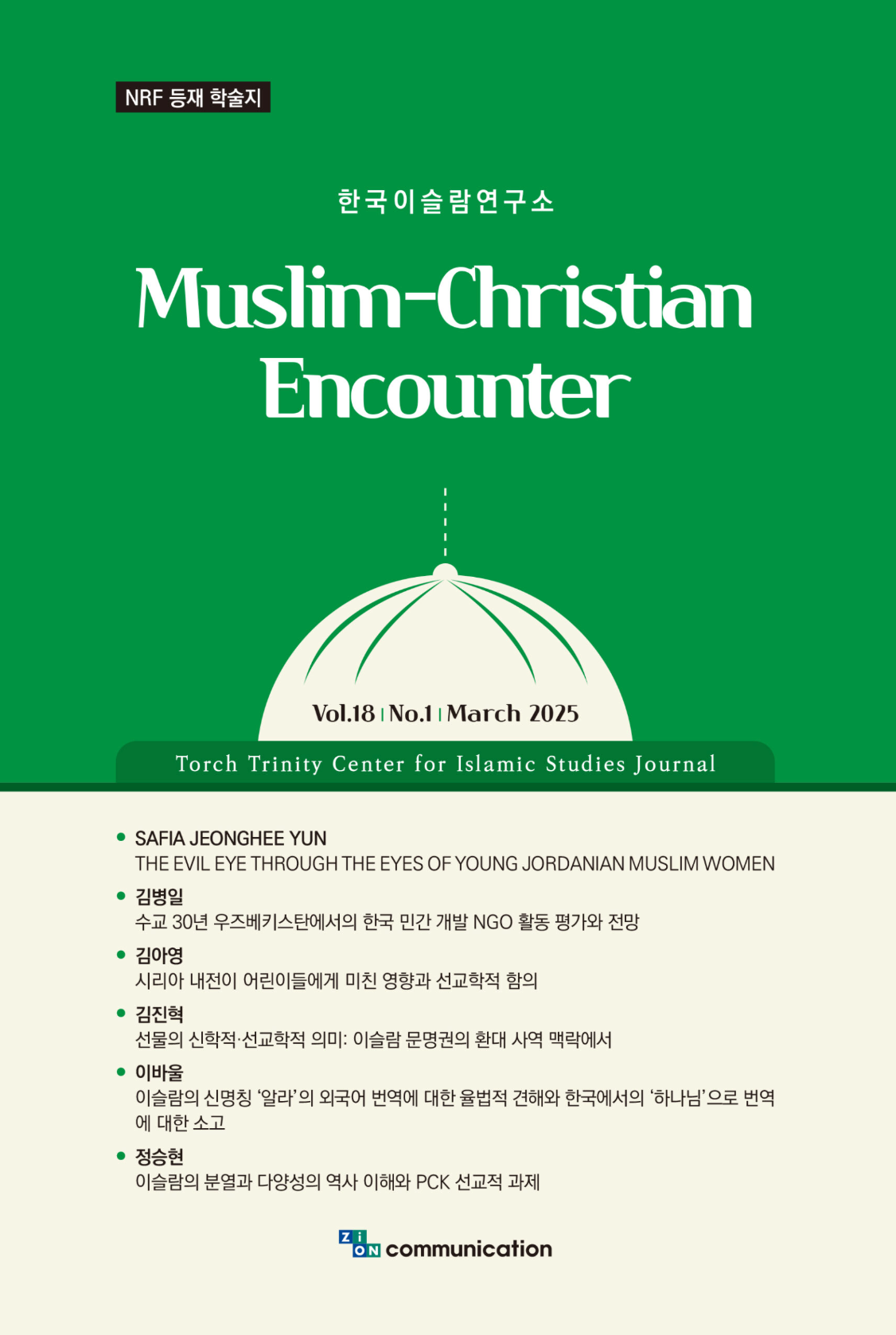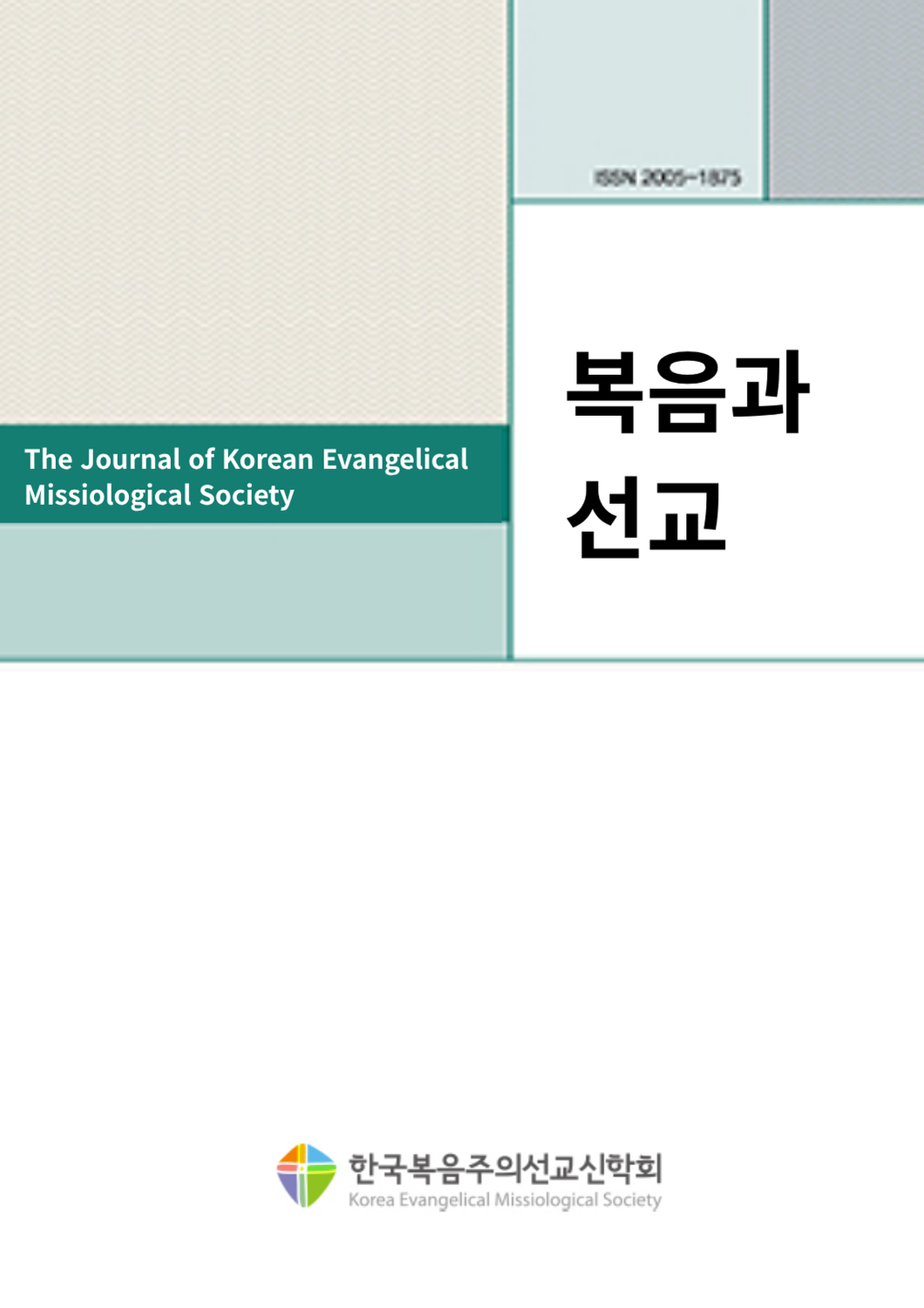https://doi.org/10.1163/15733831-12342009
1965년 이전까지 해외에 파견된 네덜란드 개신교 선교사들은 자녀들을 중등 교육을 위해 네덜란드로 보내는 것이 일반적이었습니다. 본 논문은 이러한 조기 부모와의 분리가 자녀들에게 미친 영향을 분석합니다. 관련 역사적, 비교적, 이론적 연구를 활용하여, 해당 관행의 근거, 기숙 공간의 특성, 그리고 시간이 지남에 따른 저항을 검토합니다. 20세기 선교사 자녀 및 관련자들과의 심층 인터뷰, 그리고 저자 본인의 선교사 자녀로서의 경험에 대한 성찰은 양적, 질적, 그리고 자기 성찰적 방법을 사용하여 평가되었습니다. 연구 결과는 많은 선교사 자녀들이 부모와의 조기 분리를 통해 트라우마를 겪었으며, 단기 및 장기적인 정서적 스트레스와 우울증에 시달리고, 불안감, 소외감, 불필요함을 느끼며 개인적 관계에서 어려움을 겪었음을 보여줍니다. 일부는 신앙을 포기하기도 했습니다. 반면, 이문화 간 상호작용은 비교적 수월했습니다. 본 논문은 선교 활동이 중요할지라도, 자녀에게 해를 끼칠 때는 성경적으로 용납될 수 없다고 주장합니다.
주요어: 네덜란드 선교사 자녀; 교육을 위한 분리; 단기/장기 트라우마; 식민 시대; 선교사 자녀
It was the norm, until 1965, for Dutch Protestant missionaries stationed abroad to send their children for secondary education to the Netherlands. This article analyses how these children were affected by this early separation from their parents. Using relevant historical, comparative and theoretical research, it reviews the practice, including its rationale, the nature of the residential spaces and resistance over time. In-depth interviews with mission children and others in the twentieth century, as well as the author’s reflections as a mission child, were evaluated using quantitative, qualitative and self-reflexive methods. They show that many mission children were traumatized by this early separation from their parents, suffering from short and long-term emotional stress and depression, feeling insecure, alienated and unwanted, with difficulties in personal relationships. Some gave up their faith. Intercultural interactions were relatively easy. The paper argues that, while mission work is important, it is Biblically unacceptable when it damages children.
Keywords: Dutch missionaries’ children; separation for education; short/long-term traumas; colonial period; mission children


%20copy.jpg)




